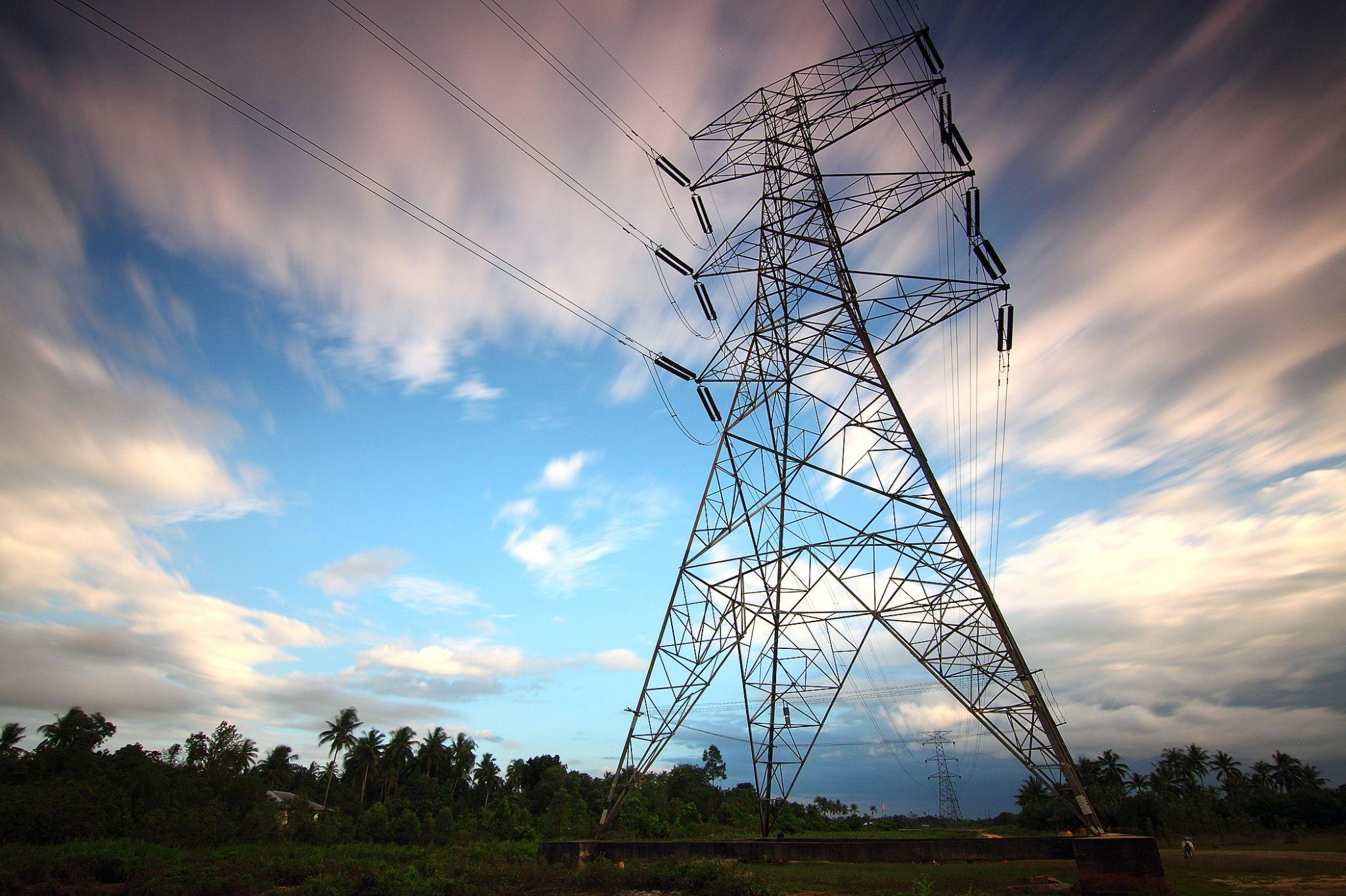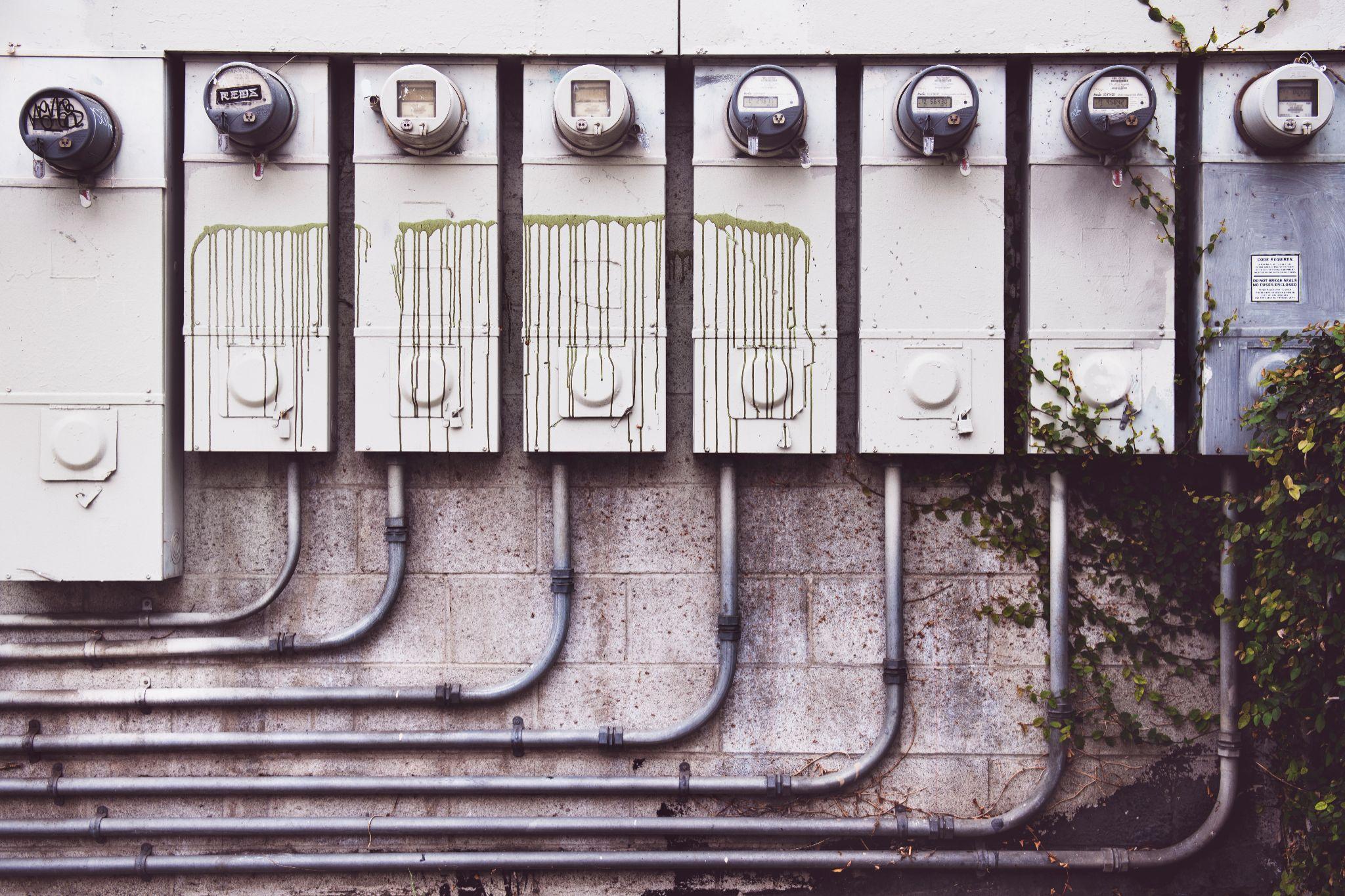
Energy sources can come from a myriad of natural and manmade objects. Some electricity is powered from solar rays, others use petroleum and natural gasses. Some energy comes from the splitting of atomic particles. However, the energy is created, it is needed to create usable electricity that powers everything we use on a daily basis.
Our lives as we know it would not be the same without electricity. We use it to run our refrigerators, to power our cell phones, and to keep the internet running daily. No matter where it comes from, our modern society uses a significant amount of electricity. The further advances we make in technology, the more dependent we get on having a significant amount of electricity.
History of Electricity
Humans have known about electricity since seeing their first lightning strike. This knowledge was converted into lore, with mythology in all areas of the world having a lightning-wielding god, such as Zeus and Thor. Static electricity was first studied in 1600 by rubbing a cloth against amber. The English astronomer, William Gilbert, coined the word “electro” after the Greek word for amber.
Modern electricity began with Benjamin Franklin’s kite experiment in 1752, leading to the discovery that lightning is electric. By 1875 the first electrical street light was installed in Los Angeles and by the 1880s power stations and transformers were built.
The world fairs and exhibits common in the 1800s introduced the first electricians to the world. These electricians were hired to build and operate new uses and advances in the technology. Since the 1900s, there have been rapid advances in technology using electricity, creating most of the modern conveniences we use today. For a complete timeline of electricity, check out this website. In recent years, scientists have been focusing on finding renewable sources of electricity, like solar and wind.
Types of Electricity
There are a few types of electricity which are broken down into two categories. The two categories are based on where the electricity gets its power. The two categories are renewable and non-renewable sources. Renewable sources are those created from sources that don’t run out, such as solar and wind. Non-renewable come from sources where there is a limit that can, and soon will be reached. This includes fossil fuels, such as coal and oil.
Some common types of power sources are:
- Hydro Power is created by harnessing the force of moving water turning a turbine connected to a generator. This type of electricity works well in rural areas where large rivers can create enough force to generate electricity.
- Solar Power is generated by the rays coming off the sun. It is a newer form of generating electricity and is quickly becoming one of the cleanest, easiest ways to combat our diminishing non-renewable resources. It works best in areas where there is minimal cloud coverage throughout the year.
- Natural Sources, such as petroleum, coal, and natural gasses uses combustion to power turbines to create energy
- Nuclear Power is generated when nuclear fission creates enough energy to spin turbines
- Wind Power is created by using giant windmills to turn large turbines, creating energy

Types of Electrical Companies
When looking at the field of electricity, there are a lot of varied niches. Some electrical companies only focus on residential, others on commercial. Some electricians are specialized in power lines, and some work on creating usable electrical components for all our gadgets.
Residential Electricians
These electricians are going to be the ones most average adults are going to need to find at some point in their lives. These electricians are trained and certified in creating electrical layouts in houses, repairing and replacing wiring, and troubleshooting any issues that arise within the home.
These electricians can work with both traditional power and solar power, depending on the power source for the house. These electricians, like Green Electrician Solutions, offer a wide range of knowledge in all things home related. Residential electricians are certified to uphold the standards and safety required to keep a house running.
Commercial Electricians
Commercial electricians are similar to the residential electricians, but they work primarily in commercial buildings. They are responsible for the upkeep, maintenance, and installation of all things needed to run a commercial, public space. Commercial buildings typically have a larger number of people visiting on a daily basis, so public safety is their number one priority.
Industrial Electricians
These electricians work in factories, manufacturing plants, and power plants, on large machinery and equipment. These electricians help facilitate the manufacturing processes by keeping the electrical components current and powerful enough to run large equipment.
Installation Electricians
Installation electricians can split their time between industrial, commercial and residential. They install all electrical components for new buildings
Automotive Electrician
They are more specialized electricians, focusing on installing and maintaining the electrical components on vehicles. They must have a good working knowledge of how a car works, to help install and diagnose electrical components efficiently.
Outside Lineman
Linemen work on the powerlines that connect residential and commercial buildings to the power plant. They are responsible for maintaining the power lines.
Electrical Inspector
Inspectors work with residential and commercial electricians to ensure that all electrical components are installed correctly, and up to the state’s code. They can also do inspections on homes and buildings when issues arise, or the building is being sold.
There are also more specialized electricians, such as those that work on street electrical components, like streetlights and stop lights, marine electricians that work on water vessels, and aviation electricians that work on planes. There are electricians with specializations in every aspect of our lives.
Since the invention of electricity, we have found more and more ways to incorporate it into making our lives easier. Without electricians we wouldn’t have any of the modern conveniences we use daily. As technology begins to evolve more and more, we will be using more electricity to power that technology. More energy is being focused on creating a more sustainable way to continue using the electricity we have all grown to love and depend on.



